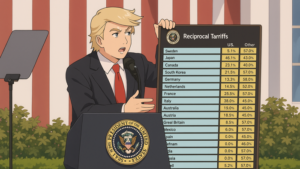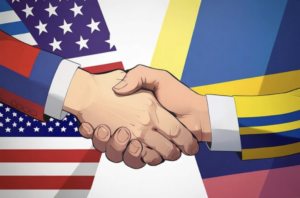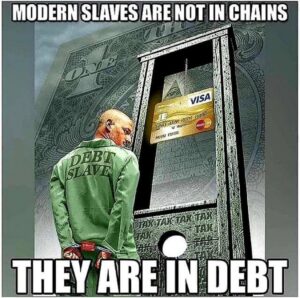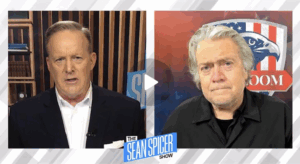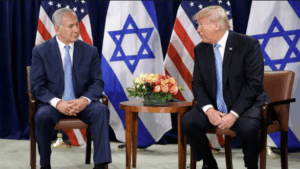European militaries are facing challenges that could be described as “withering.” Let’s break this down.
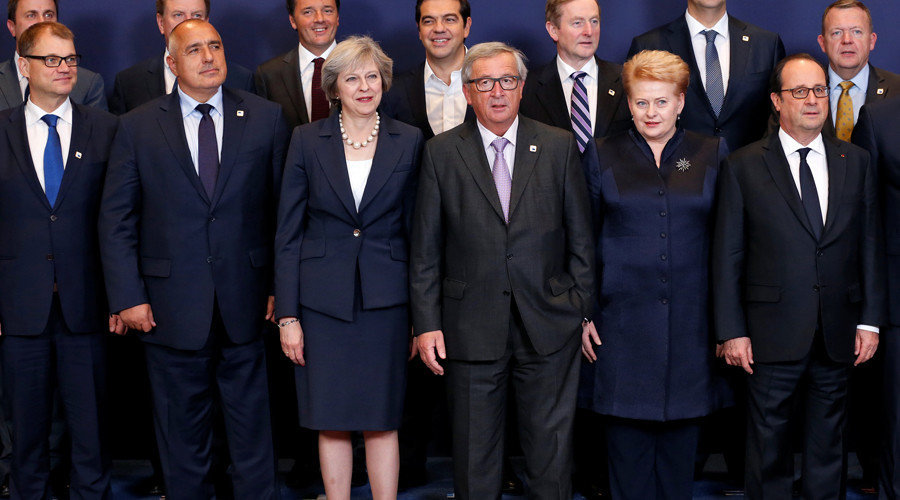
There’s evidence to suggest that European gas purchases from Russia are providing financial support to Russia’s war effort, while at the same time, some European militaries are facing challenges that could be described as “withering.” Let’s break this down.
On the gas purchases front, multiple sources indicate that Europe has continued to buy significant amounts of Russian fossil fuels, particularly liquefied natural gas (LNG), even after Russia’s invasion of Ukraine in 2022. For instance, in 2024, the EU reportedly spent €21.9 billion on Russian oil and gas, outpacing the €19 billion it provided in financial aid to Ukraine that year. This spending has been criticized as indirectly funding Russia’s military actions, given that energy exports are a major revenue stream for the Kremlin. Despite efforts to reduce dependency—such as cutting Russian pipeline gas flows through Ukraine, which ended in January 2025—Europe’s imports of Russian LNG hit record levels in 2024. This suggests that while sanctions and rhetoric aim to weaken Russia, the continued energy trade undermines those efforts by keeping money flowing to Moscow.
As for the state of European militaries, there’s a mixed picture, but the term “wither” aligns with concerns raised by analysts. Many European nations have reduced defense budgets over decades, relying heavily on NATO and the U.S. for security. Reports highlight that countries like France, while maintaining capable forces, lack the scale and stockpiles for prolonged conflicts. Others, such as Germany, have seen industrial and military capacity atrophy, partly due to high energy costs from shifting away from cheap Russian gas to pricier alternatives like U.S. LNG. European leaders have talked up plans to bolster Ukraine and their own defenses, but critics argue their weakened militaries—described as depleted or underfunded—limit their ability to act independently of U.S. support against a peer like Russia.
The irony here is stark: Europe’s energy purchases may be bolstering Russia’s war chest, while its own military readiness lags. However, it’s not a simple cause-and-effect story. Europe has cut Russian gas imports by over 80% since the war began, showing progress in diversification, yet the remaining trade still provides Russia with billions. Meanwhile, military decline predates the current energy crisis and stems more from long-term policy choices than gas policy alone.
So, yes, Europeans are fueling Russia’s war effort to some extent through gas purchases, and their militaries are in a weakened state—but the situation is nuanced, with efforts to shift energy sources and debates about rearmament ongoing as of March 4, 2025.

